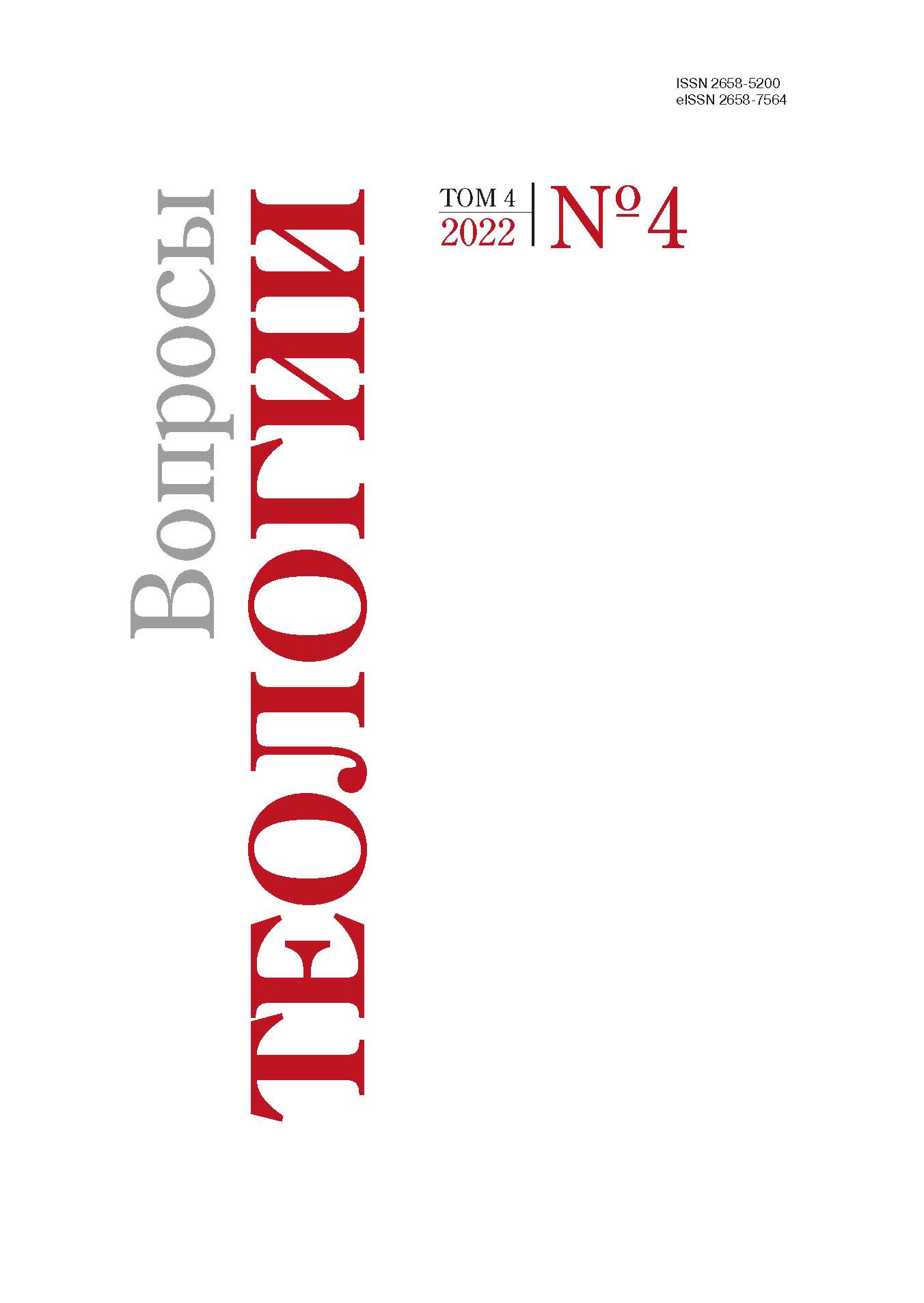Religious lobbyism in the political process of the USA
DOI:
https://doi.org/10.21638/spbu28.2022.412Abstract
The interaction of religious and public life is one of the most important problems in any state. The church or any other religious organization, claiming the authority of “higher morality”, in its activities invariably strives to acquire some of the functions traditionally inherent in power structures — determining the most important directions for the development of society, the goals of development itself, as well as interpreting the main events taking place in the country, according to concepts of faith. The article examines the influence of religious institutions on socio-political processes in the United States both in the past and in modern periods. The history of the United States begins with the appearance of representatives of Protestant sects, who, due to religious oppression, were forced to emigrate from Europe in the middle of the 17th century. These communities brought with them the ideas of not only religious exclusivity, messianism, but also the state system. One of the most important factors shaping the American political space, along with the economic, political and military, has always been the religious factor. The role of religion and religious institutions in the political life of this country has always been exceptional, without which not a single significant process has taken place in this area.
Keywords:
Protestantism, individualism, American statehood, contractual theology, Puritan ethics, religious lobbying
Downloads
References
References
Downloads
Published
Issue
Section
License
Articles of "Issues of Theology" are open access distributed under the terms of the License Agreement with Saint Petersburg State University, which permits to the authors unrestricted distribution and self-archiving free of charge.




